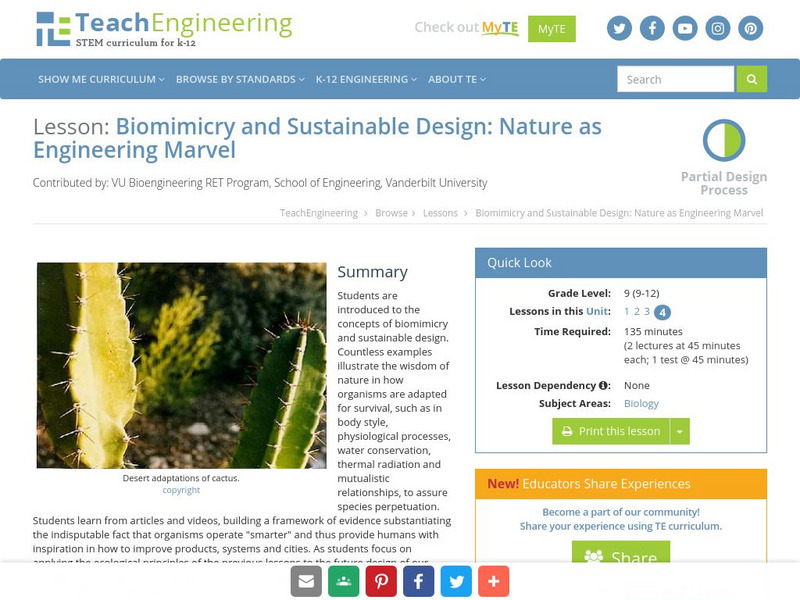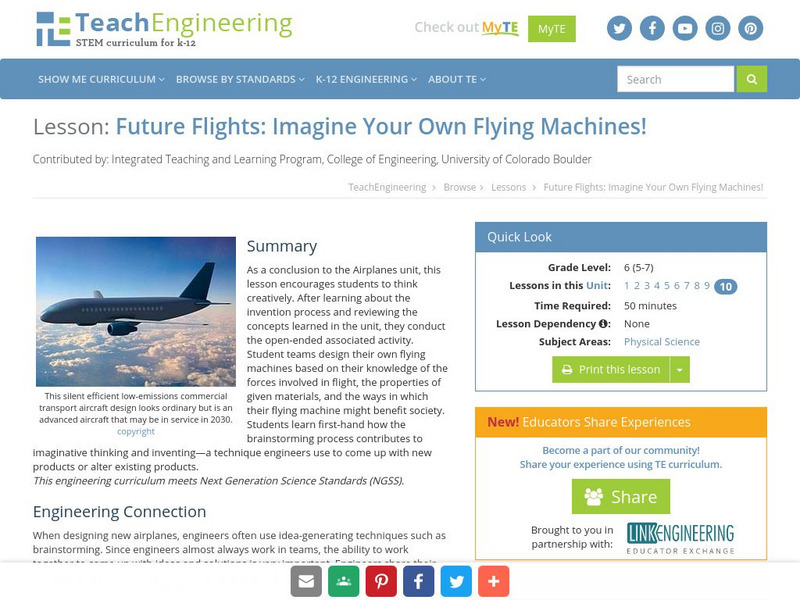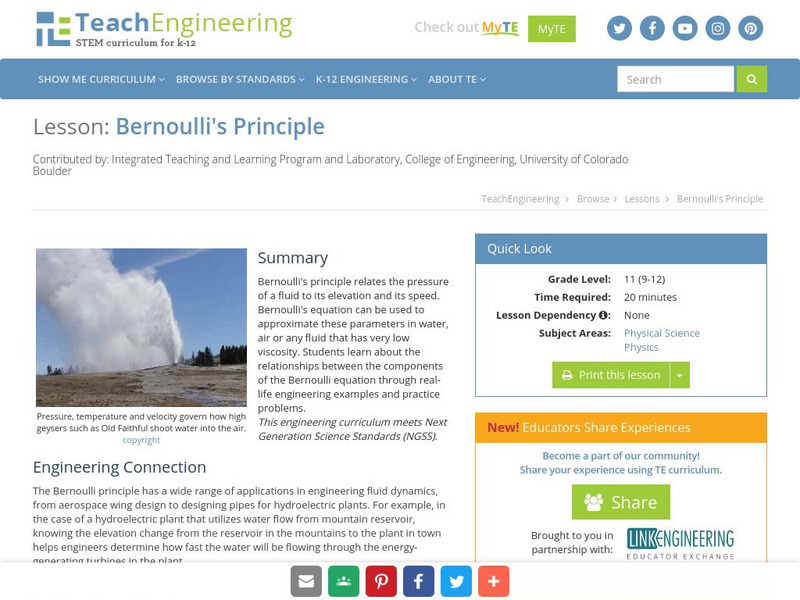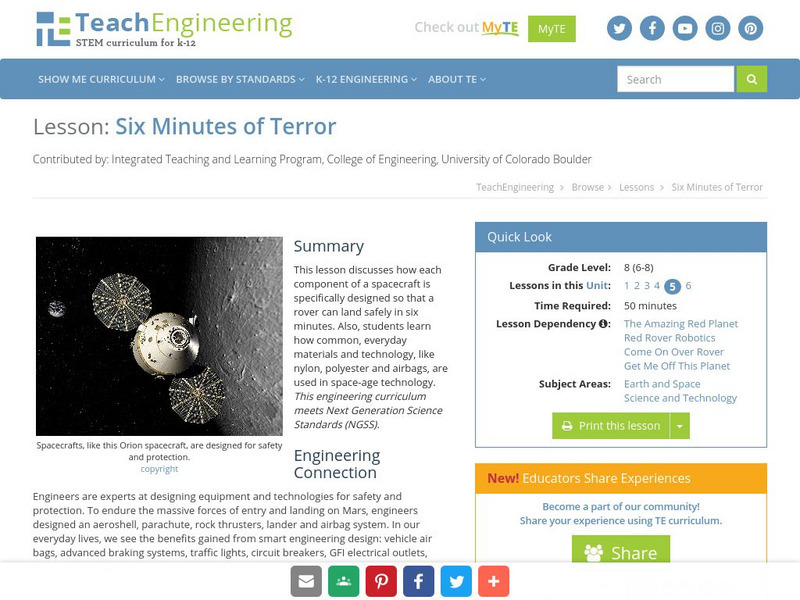NC State University
North Carolina State Dept. Of Aerospace Engineering
This site describes the programs offered in mechanical and aerospace engineering at North Carolina State. The site includes links to programs, faculty and staff, etc.
University of Minnesota
University of Minnesota Dept. Of Aerospace Engineering
Site by the University of Minnesota Dept. of Aerospace Engineering with links to the academic programs, research, and people at the university.
Arizona State University
Arizona State Universtiy: Aerospace Engineering
This resource provides information on the Arizona State University Aerospace Engineering program, including information on research.
Virginia Tech
Virginia Tech: Department of Aerospace and Ocean Engineering
Virginia Tech's Department of Aerospace and Ocean Engineering offers an academic program where these two disciplines are blended. Links to research, facilities, people, programs, news, etc.
Other
U.s. Antarctic Program
This government site delves into the research of all aspects of the Antarctic region including its ecosystems, its impact on the climate, and aerospace.
Northeast Parallel Architectures Center, Syracuse University
Npac Reu Program: Norad Air Defense Overview
Northeast Parallel Architectures Center from Syracuse University provide an overview of NORAD with information about its structure, mission, purpose, regions, and importance.
TeachEngineering
Teach Engineering: Linear Equations Game
Students groups act as aerospace engineering teams competing to create linear equations to guide space shuttles safely through obstacles generated by a modeling game in level-based rounds. Each round provides a different configuration of...
TeachEngineering
Teach Engineering: Rockets
This unit teaches students how and why engineers design satellites to benefit life on Earth as well as allows students an opportunity to explore motion, rockets and rocket motion. Students discover that the motion of all objects...
A&E Television
History.com: The Soviet Response to the Moon Landing? Denial There Was a Moon Race at All
Until 1989, Russians claimed they were not trying to reach the Moon first and that the U.S. was in "a one-nation race." Until 1989, a group of American aerospace engineers went to Moscow and finally saw the Soviets' failed lunar-landing...
Khan Academy
Khan Academy: The Start of the Space Race
Looks at the USSR's launch of Sputnik and the galvanizing effect it had on America's motivation to fund aerospace research. NASA was soon formed and more funding was put in place for public education in the sciences and math.
Other
Australian Space Research Institute
The official homepage of a non-profit company dedicated to aerospace research programs. Provides information and research in space science and technology.
TeachEngineering
Teach Engineering: Distorted Disturbances
Students pass around and distort messages written on index cards to learn how we use signals from GPS occultations to study the atmosphere. The cards represent information sent from GPS satellites being distorted as they pass through...
TeachEngineering
Teach Engineering: Mind Bending Gps Occultations
Students learn about the remote sensing radio occultation technique and how engineers use it with GPS satellites to monitor and study the Earth's atmospheric activity. Students may be familiar with some everyday uses of GPS, but not as...
TeachEngineering
Teach Engineering: Nature Is an Engineering Marvel
This lesson introduces students to the concepts of biomicry and sustainable design. Students will learn to illustrate the wisdom of nature by demonstratiing how organisms adapt to their environment.
TeachEngineering
Teach Engineering: Adaptations for Aeronautical Engineering
This activity first asks the students to study the patterns of bird flight and understand that four main forces affect the flight abilities of a bird. They will study the shape, feather structure, and resulting differences in the pattern...
TeachEngineering
Teach Engineering: Up, Up and Away! Airplanes
The airplanes unit begins with a lesson on how airplanes create lift, which involves a discussion of air pressure and how wings use Bernoulli's Principle to change air pressure. Following the lessons on lift, students explore the other...
TeachEngineering
Teach Engineering: Mission to Mars
The Mission to Mars curricular unit introduces students to Mars-the Red Planet. Students discover why scientists are so interested in studying this mysterious planet. Many interesting facts about Mars are revealed, and the history of...
TeachEngineering
Teach Engineering: Future Flights!
This lesson is an exciting conclusion to the airplanes unit that encourages students to think creatively. After a review of the concepts learned, students will design their own flying machine based on their knowledge of the forces...
TeachEngineering
Teach Engineering: Bernoulli's Principle
Bernoulli's principle relates the pressure of a fluid to its elevation and its speed. Bernoulli's equation can be used to approximate these parameters in water, air or any fluid that has very low viscosity. Students learn about the...
Digital Public Library of America
Dpla: Women in Science: Space Exploration
Through primary source documents, discover the history of NASA's "human computers," early aerospace industry pioneers, and the struggle for American women to be allowed into the astronaut program.
TeachEngineering
Teach Engineering: Rockets on a Shoestring Budget
In this activity, students revisit the Pop Rockets activity from Lesson 3. This time, however, the design of their pop-rockets will be limited by budgets and supplies. They will get a feel for the limitations of a real engineering...
TeachEngineering
Teach Engineering: Learn to Build a Rocket in 5 Days or Your Money Back
In this lesson, students discover the entire process that goes into designing a rocket for any customer. In prior lessons, students learned how rockets work, but now they learn what real-world decisions engineers have to make when...
TeachEngineering
Teach Engineering: Get Me Off This Planet
The purpose of this lesson plan is to teach students about how a spacecraft gets from the surface of the Earth to Mars. The lesson plan first investigates rockets and how they are able to get us into space. Finally, the nature of an...
TeachEngineering
Teach Engineering: Six Minutes of Terror
This lesson discusses how each component of a spacecraft is specifically designed so that a rover can land safely in six minutes. Also, students will learn how common, everyday materials and technology, like nylon, polyester and airbags,...





















